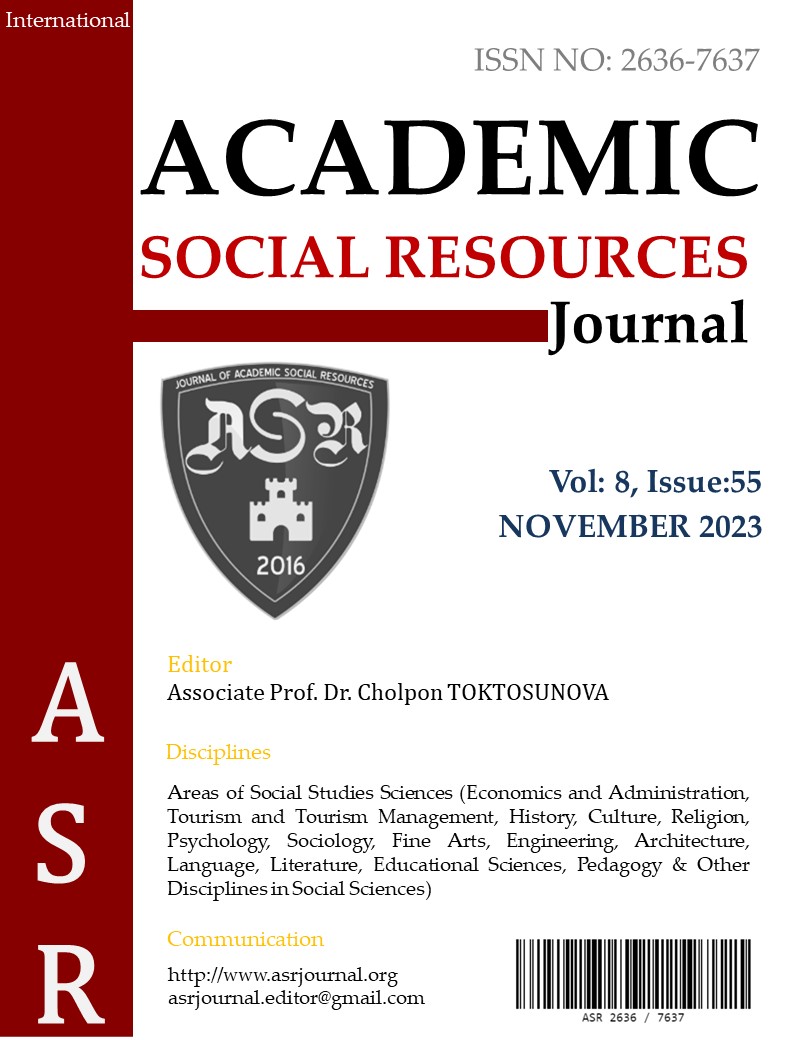International students' sociocultural adaptation experiences: their perceived stress and coping strategies
Author :
Abstract
Keywords
Abstract
The primary aim of this study is to highlight the relationship between sociocultural adaptation, perceived stress, and the coping strategies employed by international students to maintain their psychological well-being. Studying abroad can be exciting opportunity to gain new experiences, exploring diverse cultures, and establishing global connections. However, after moving abroad international students frequently face with challenges like language barrier, cultural differences, social isolation, and building relationships (Wilson, 2013) . Sociocultural variations across countries can influence the communication skills, norms, and beliefs. Moreover, poor adaptation process has been associated with variety of psychological and physiological disorders that affect overall well-being (Waqas et al., 2015, Schönfeld et al., 2016). Coping strategies can play a significant role in this process, preventing psychosomatic symptoms and psychological disorders. In current study, eight participants were recruited from various universities in the United Kingdom. Semi-structured interviews were conducted, and reflexive thematic analysis were employed to analyse the obtained data. It is found that although international students come with different expectations, the majority of them tried to avoid language barrier as they had prior knowledge of English. Seeking social support from close friends and family was the most commonly utilised technique both to avoid stressful situations and as coping strategies. Participants’ resilience was also increased throughout their adaptation journey. Given the small number of participants, further studies are required to investigate the impact of coping strategies and stress on sociocultural adaptation process.





